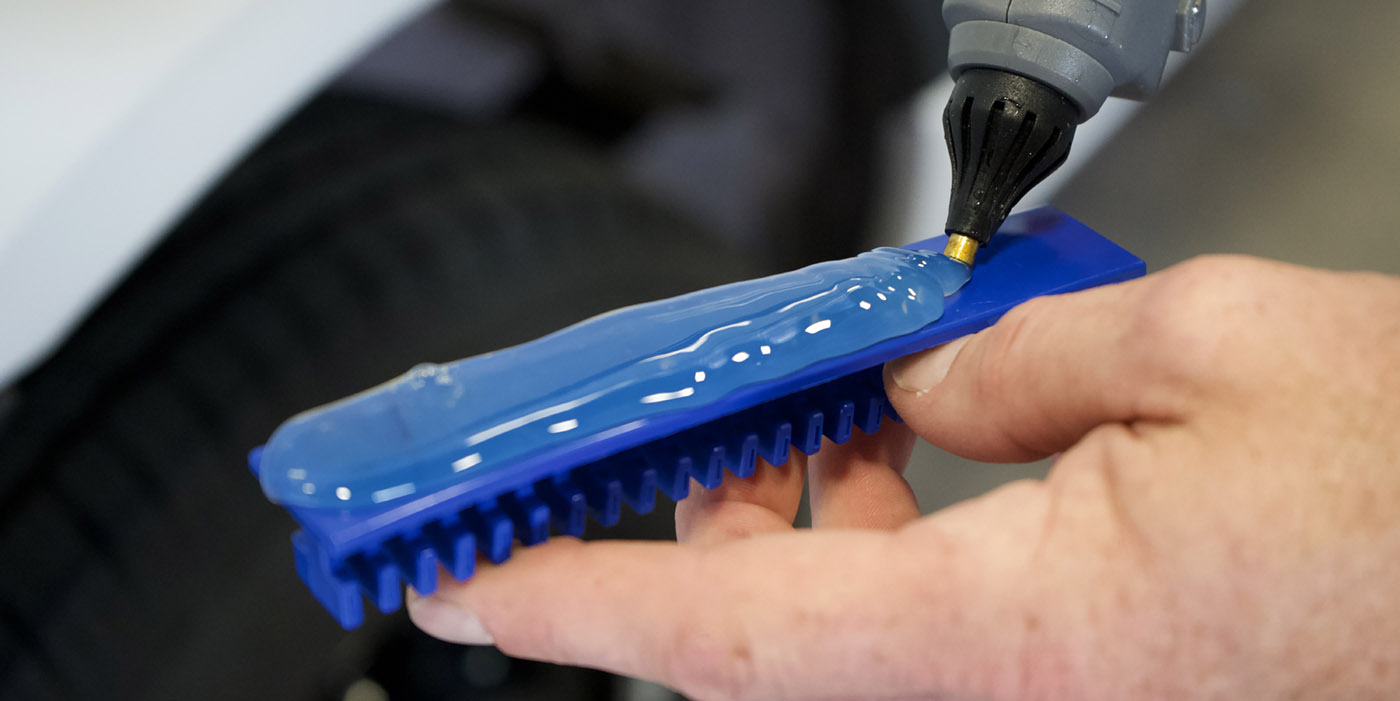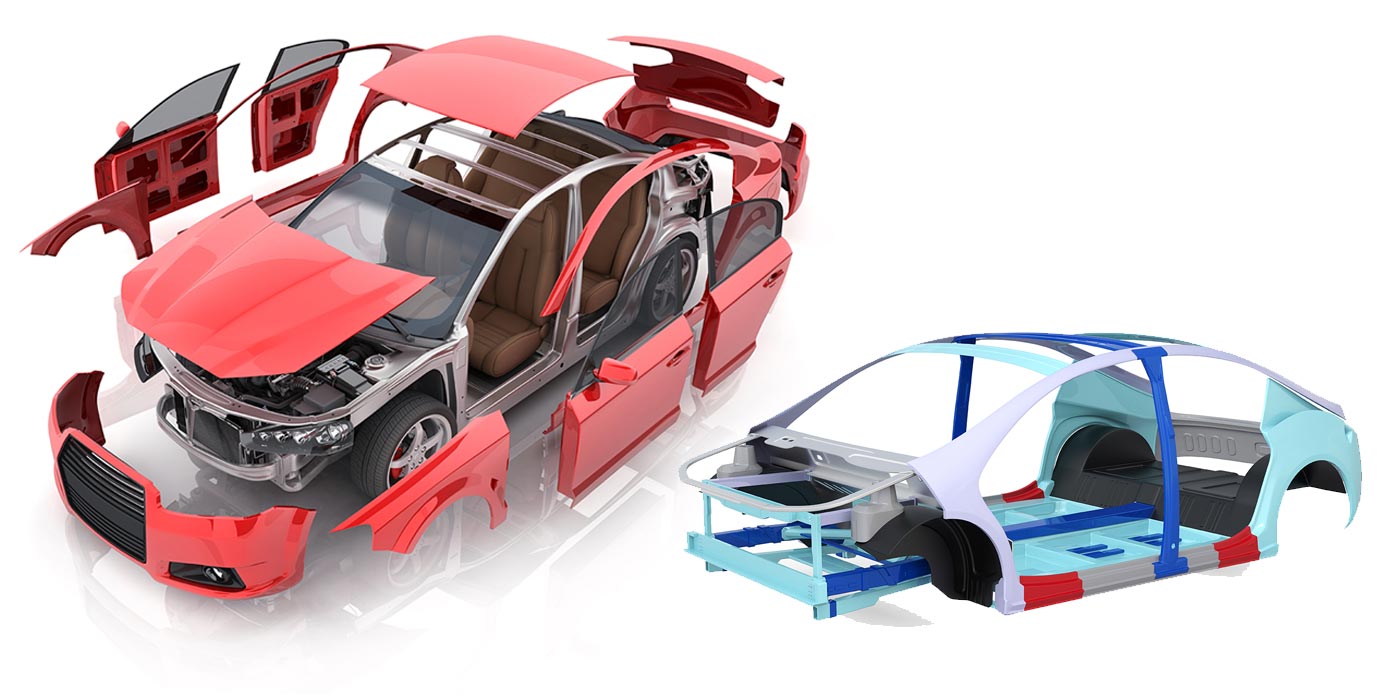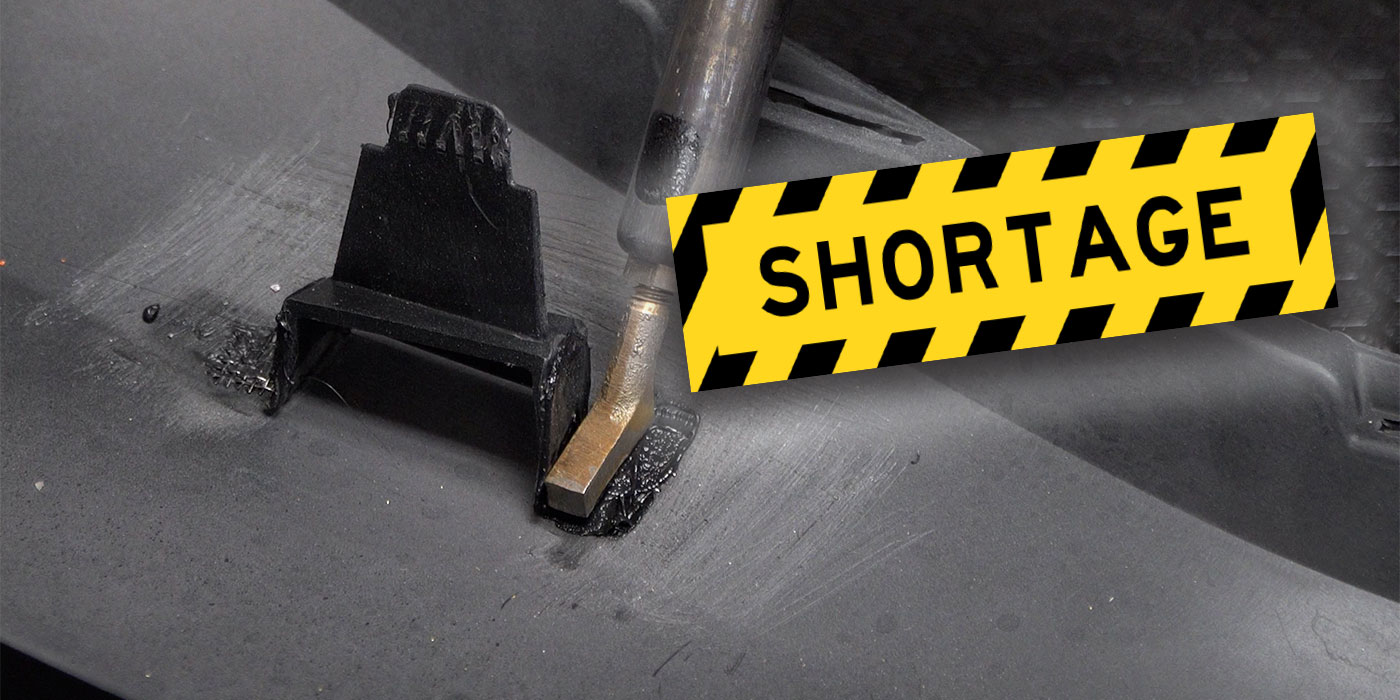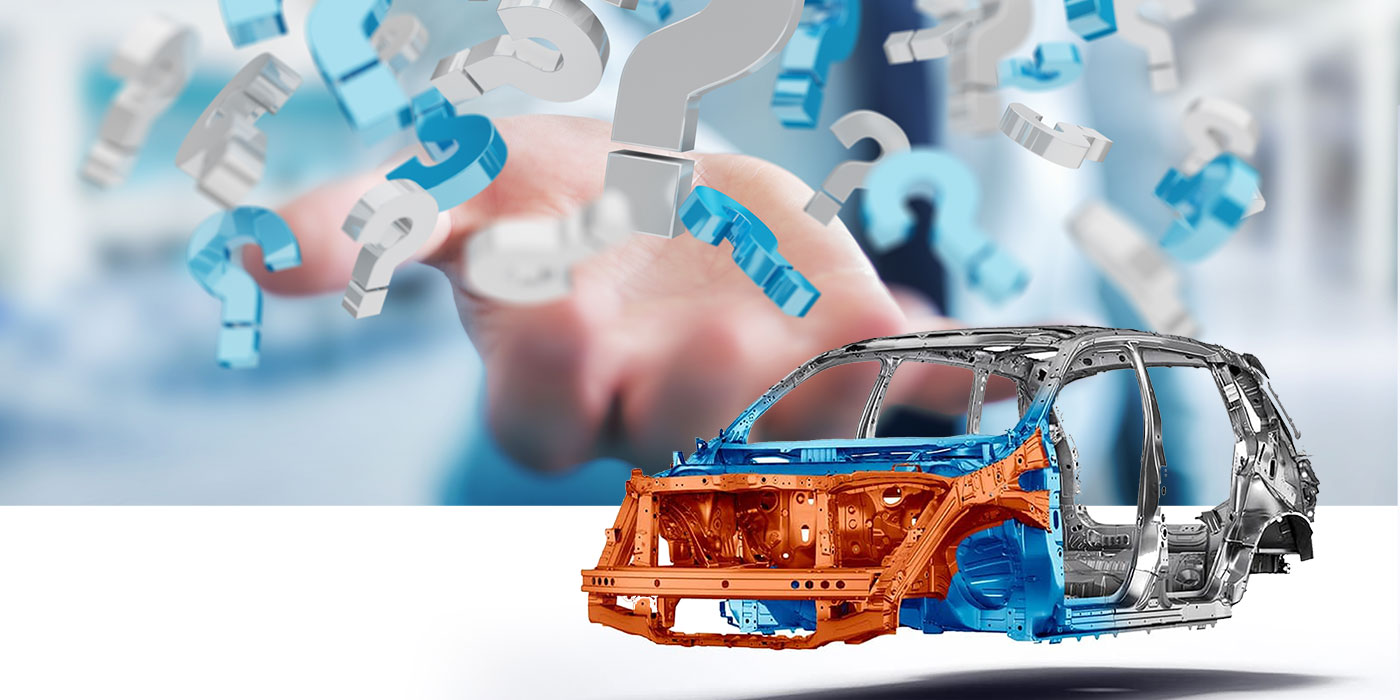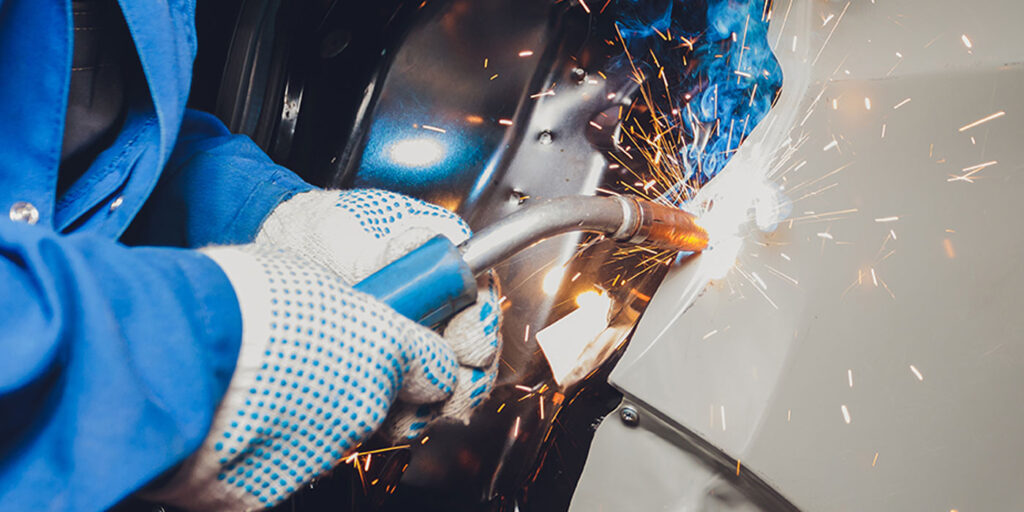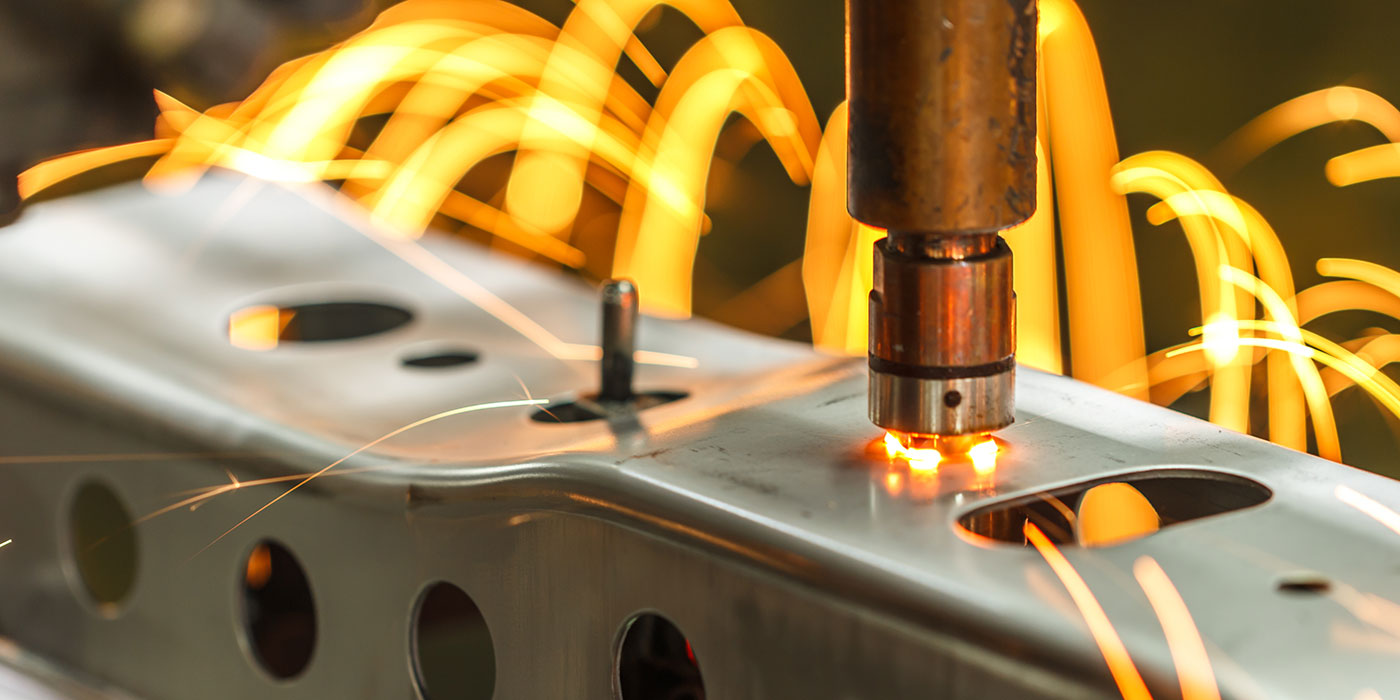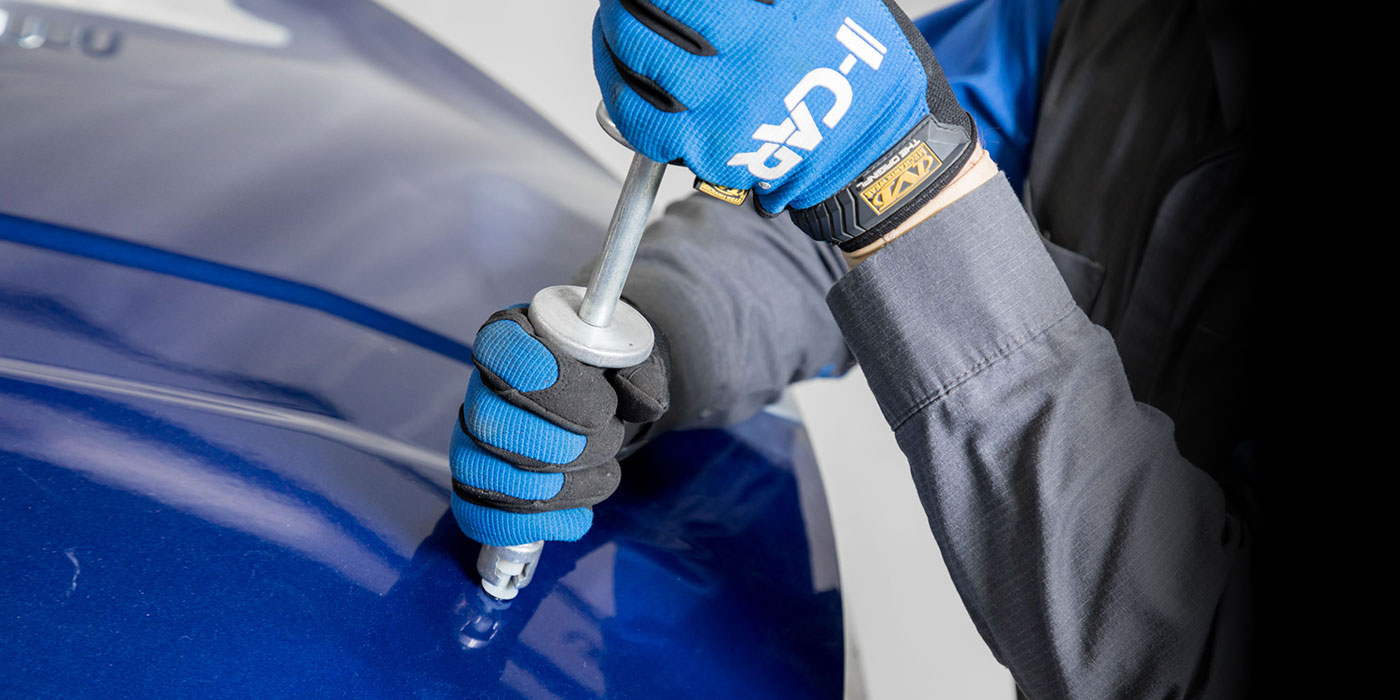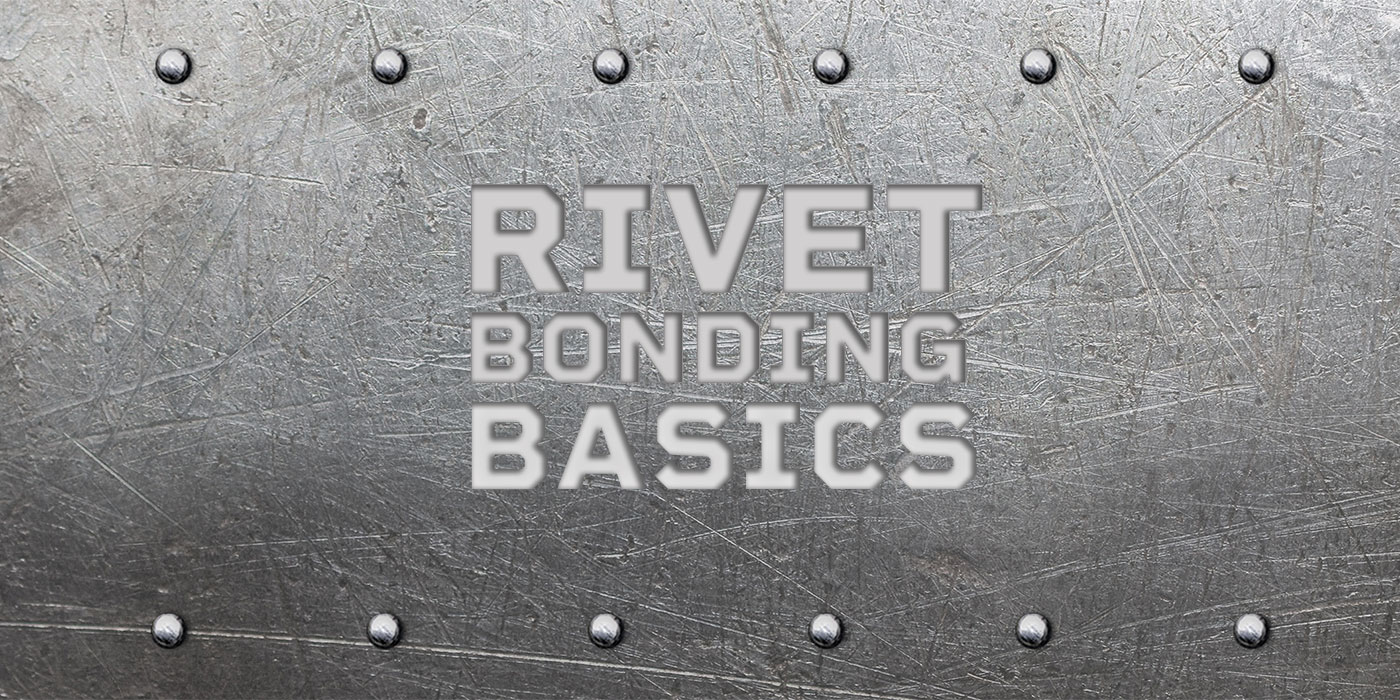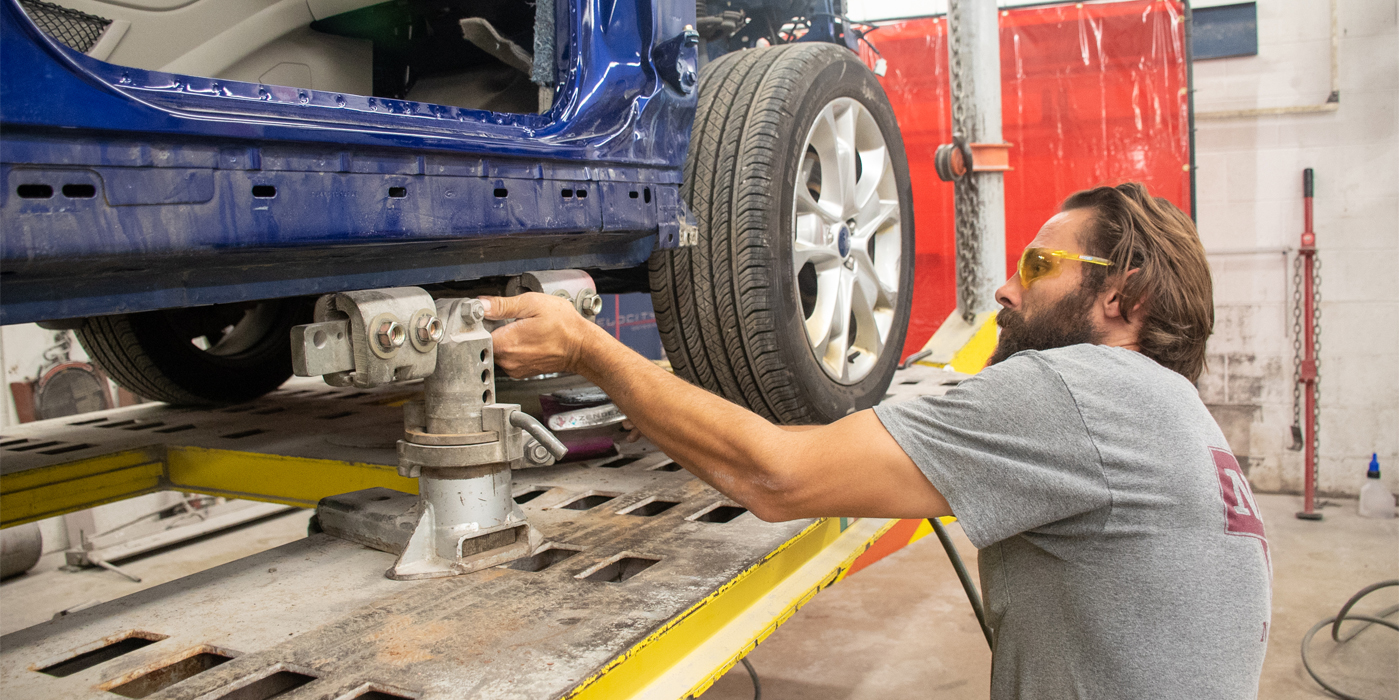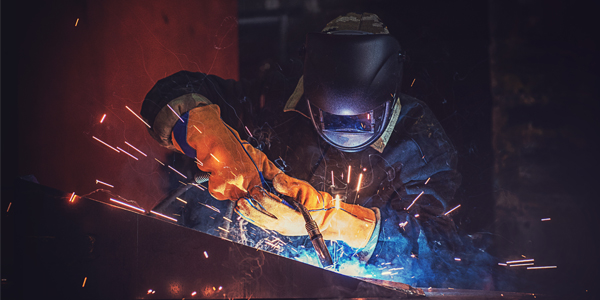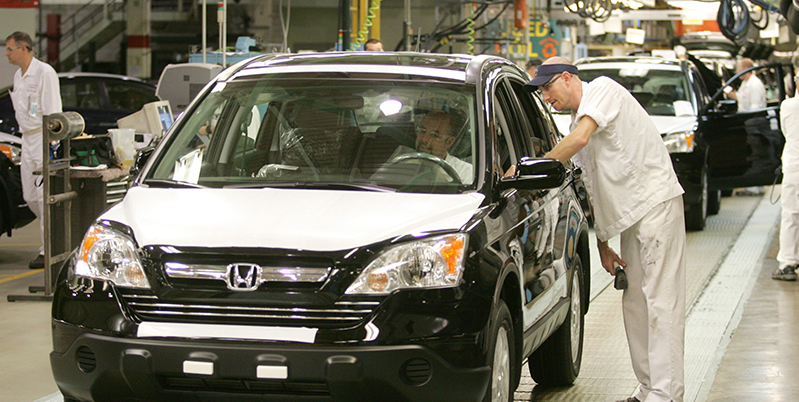After teaching I-CAR training courses in the Dallas area for about eight years, I started traveling a little to provide I-CAR training in areas where no qualified instructor was available. One of my first experiences still resonates in my mind after all this time.
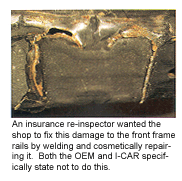
A very good friend, whom I knew from my years of involvement in the collision industry and I-CAR events, had asked me to teach a paint matching class in his area. I agreed.
My friend, who works for an insurance company, politely pulled me aside just before the class was to begin and asked, “Johnny, I know you’re a man of integrity and I respect your knowledge of this subject very much, but could you just go lightly on the topic of the blending part today? Some of these guys will work me real hard if you don’t.”
But I couldn’t bend the truth for my friend. The truth is the truth.
Some 12 years later, the challenges are more profound and revolve more around company policy and procedure. Last week it was a roof panel a shop had replaced using adhesive bonding (a process that isn’t new at all). An insurance re-inspector claimed that it was an improper repair and insisted the panel be replaced with a new panel and MIG weld on the replacement panel correctly.
Well, actually, this vehicle manufacturer doesn’t recommend MIG welding; it recommends weld bonding, which uses an adhesive and resistance welding, duplicating the original process from the manufacturer.
A different insurance company states they’ll only replace an air bag sensor if the instrument-panel warning lamp comes on indicating the sensor is defective. Yet the manufacturers have strict guidelines, listed in estimating guides and I-CAR material, on these sensors. Any damage requires replacement.
Many bumper reinforcements are repaired, even though manufacturers state that no significant repair is allowed to these important safety items. Some aftermarket parts have been made to replace these without proper testing, which verifies just how safe they are.
It troubles me that some insurance companies are asking their field people to make choices outside the recommendations of the manufacturer and I-CAR.
This week, an insurance re-inspector tried to require a shop to repair by welding and cosmetically repairing a damaged, convoluted area on a vehicle’s front frame rails, which the vehicle manufacturer and I-CAR specifically state not to do.
It’s not about labor rates. It’s about making the right choices and not compromising the public safety just to do another job. Ignorance of proper repair techniques and focus on dollars rather than quality repairs is once again dragging this industry down.
Writer Johnny Dickerson is the owner of Dickerson’s Collision Repair in Garland, Texas.

